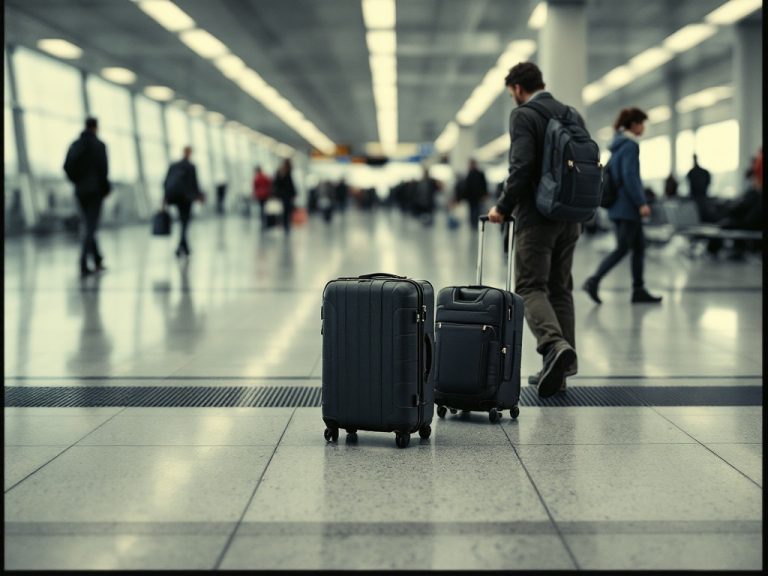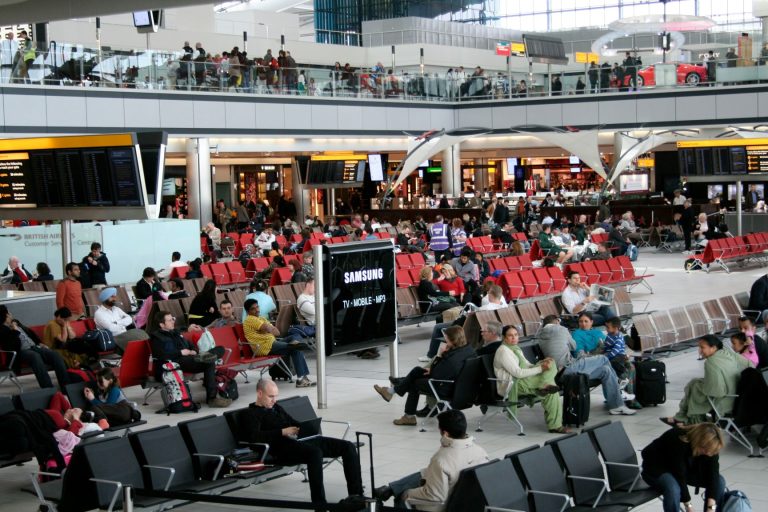The European Parliament is seeking to regulate the issue of hand luggage in air transport. The draft regulation of the Committee on Transport and Tourism stipulates that passengers will have the right to carry on board 55x40x20 cm baggage weighing 7 kg at no extra charge.
The new rules respond to the practices of especially low-cost carriers such as Ryanair, Wizz Air or easyJet. In recent years, they have significantly reduced the size and weight of free hand luggage, while introducing additional fees for standard cabin suitcases. The EU found these practices to be unfair to consumers, misleading when comparing the real prices of tickets and in breach of the principle of transparency – who in recent years have drastically reduced the size of free cabin baggage. At the same time, strict controls and high fees for exceeding the limits have been introduced. Passengers have often encountered situations where even slightly protruding suitcase wheels result in additional costs, which has forced some to radical solutions, such as tearing wheels from suitcases at airports. You must also not have a small bag if you already have hand luggage, which is also not large.
Article 11a of the proposed regulation makes it clear that airlines cannot charge additional fees for standard cabin baggage, and can only be refused for safety reasons related to a particular type of aircraft.
Industry opposition: Airlines 4 Europe, which represents carriers such as Ryanair, Lufthansa and easyJet, argues that the top-down setting of new cabin baggage rules limits consumer choice and may result in a significant increase in ticket prices.
The new rules aim to ensure that basic hand luggage of reasonable size is included in the ticket price, to increase price transparency and to make it easier for passengers to plan their journey without hidden costs.
However, for the legislation to enter into force, it must go through the full EU legislative procedure:
- Once adopted by a parliamentary committee, the draft will be put to a plenary vote by the entire European Parliament.
- The document will then be negotiated in a trilogue between the Parliament, the Council of the EU (representing the Member States) and the European Commission.
- Once a compromise has been reached, the final version of the regulation must be formally approved by both Parliament and Council.
- Following its publication in the EU’s Official Journal, the regulation will enter into force – most likely with a transitional period – so that airlines can adapt their procedures.
Currently, it is difficult to predict the exact date of entry into force of these regulations, but the whole process may take from several months to more than a year. Unfortunately, airlines are lobbying intensively against these regulations, which may affect the final shape of the regulations or prolong the procedure.






